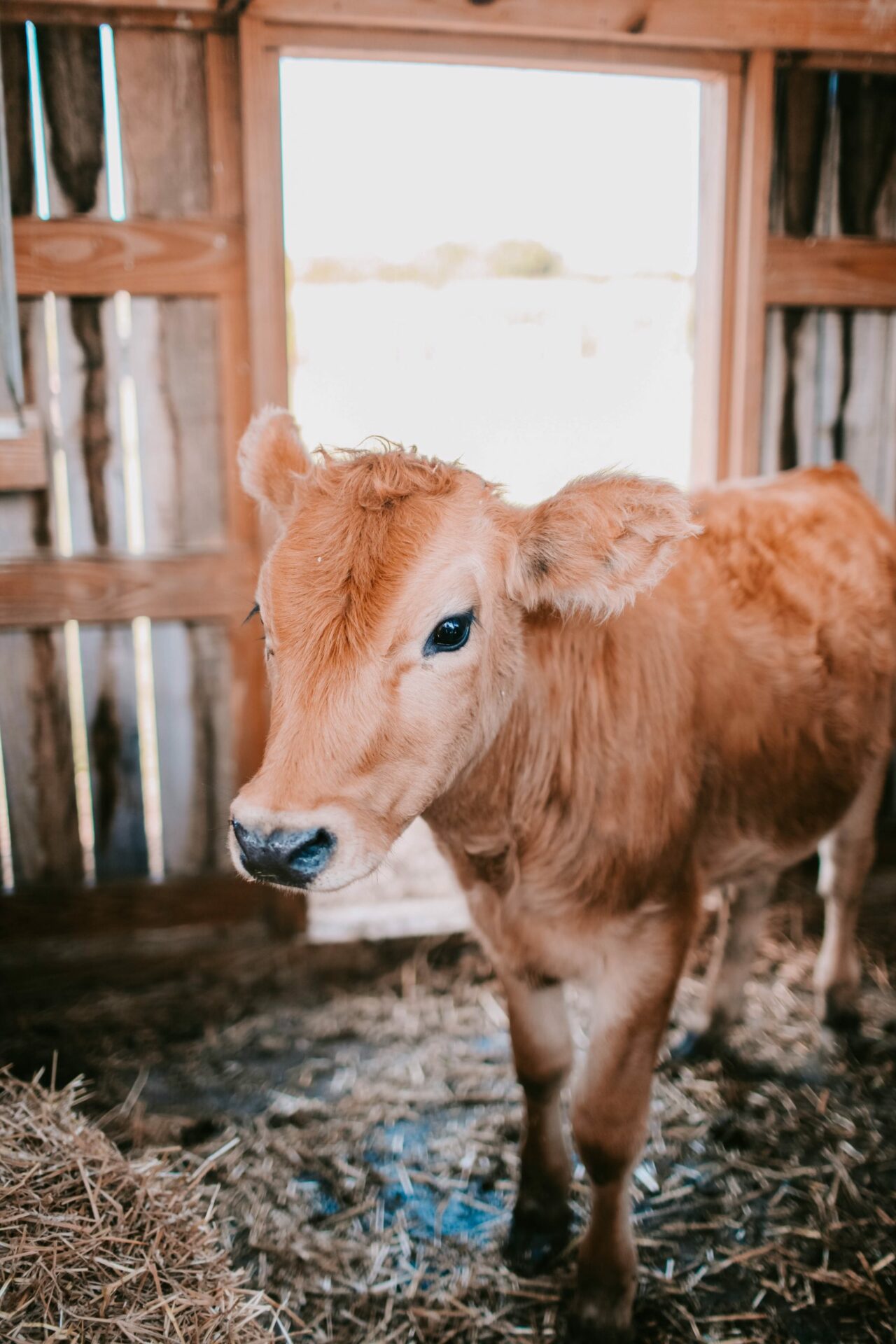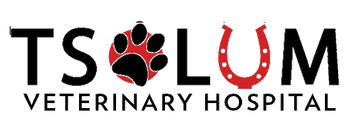
Breeding Soundness Evaluation
Keeping a defective bull or ram can be a costly business. While they represent a much smaller portion of your breeding stock, a large portion of your herd’s fertility depends on the fertility of your males. Many things can lead to a reduction in fertility, such as physical abnormalities, disease, and poor sperm quality. This is why it is important to have breeding soundness evaluations done on your ram or bull before breeding season.
Ultrasound
Ultrasounds are now a standard of care in large animal veterinary medicine. In this area of work, it is especially important in reproduction. Ultrasound can make it possible to identify the correct time to breed, the presence of pregnancy, and potential pathologies of the reproductive tract. A portable ultrasound in a backpack allows for quick and efficient detection of pregnancy, or lack thereof, in large herds.
Breeding
There are many decisions to be made when breeding. How should it be done – artificial insemination or live cover? When is the right time to breed? Are your potential parents good matches genetically and phenotypically? The veterinarians here at Tsolum are available to help you make these decisions and then assist you in implementing the breeding.
Parturition
Whether it be calving, foaling, or anything and everything in between, the process of birth can be both a wonderful one and a difficult one for you and your large animals. Should anything go wrong, our veterinarians are on call to assist you with those difficult deliveries. It may take a few readjustments, or it may be necessary to perform a Cesarean section, but whatever the case, we will do our best to have the most desirable outcome happen – a happy mom, a happy baby, and a happy you!
Castration
In the end, perhaps you have decided that you do not want your animal to reproduce. In large animals, we tend to castrate the males to prevent any unwanted pregnancies. This can usually be done in the field, but you can bring your small ruminants to be done here at the clinic if you prefer!
If you have any questions about our services, please contact us today at (778) 428-6401.
